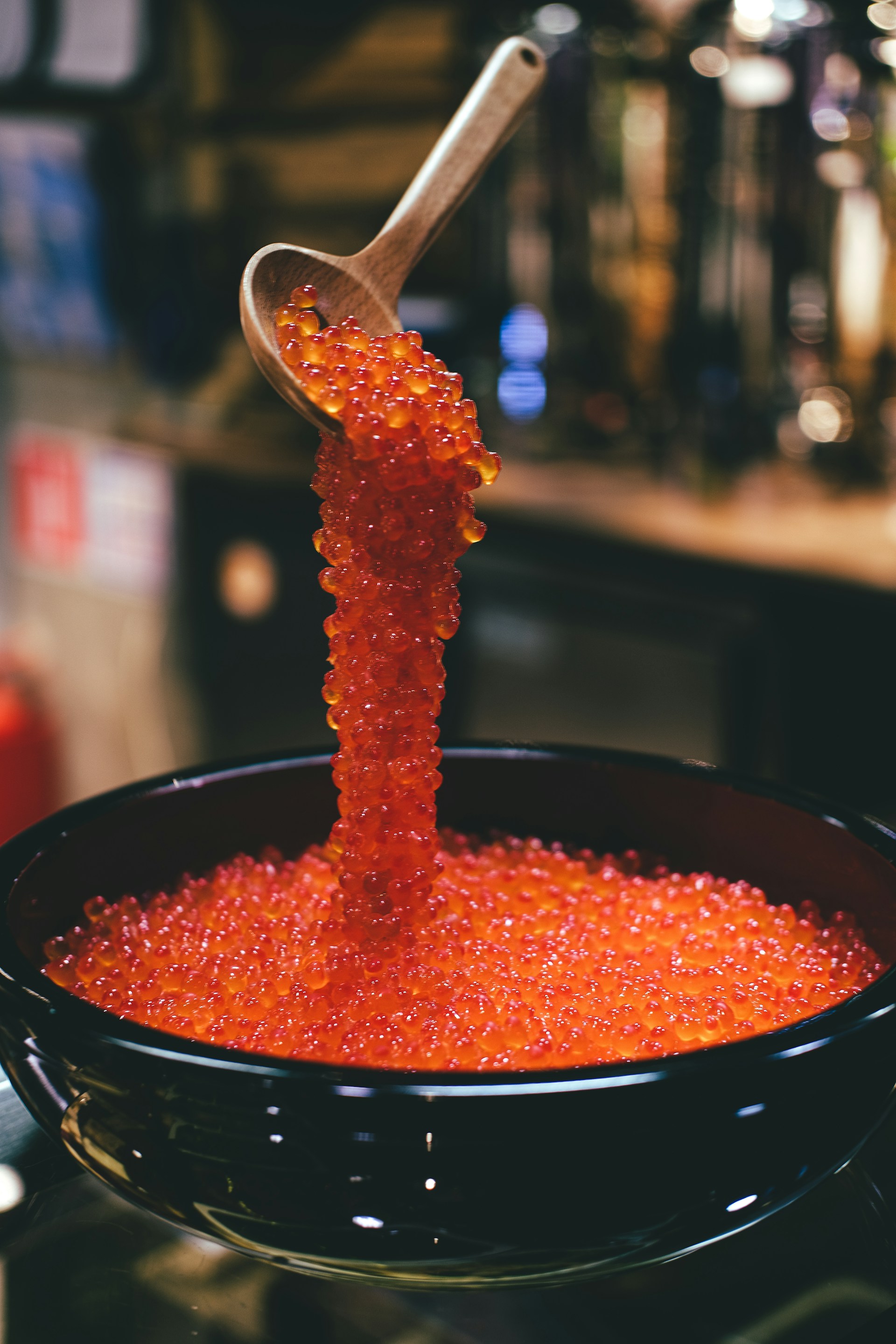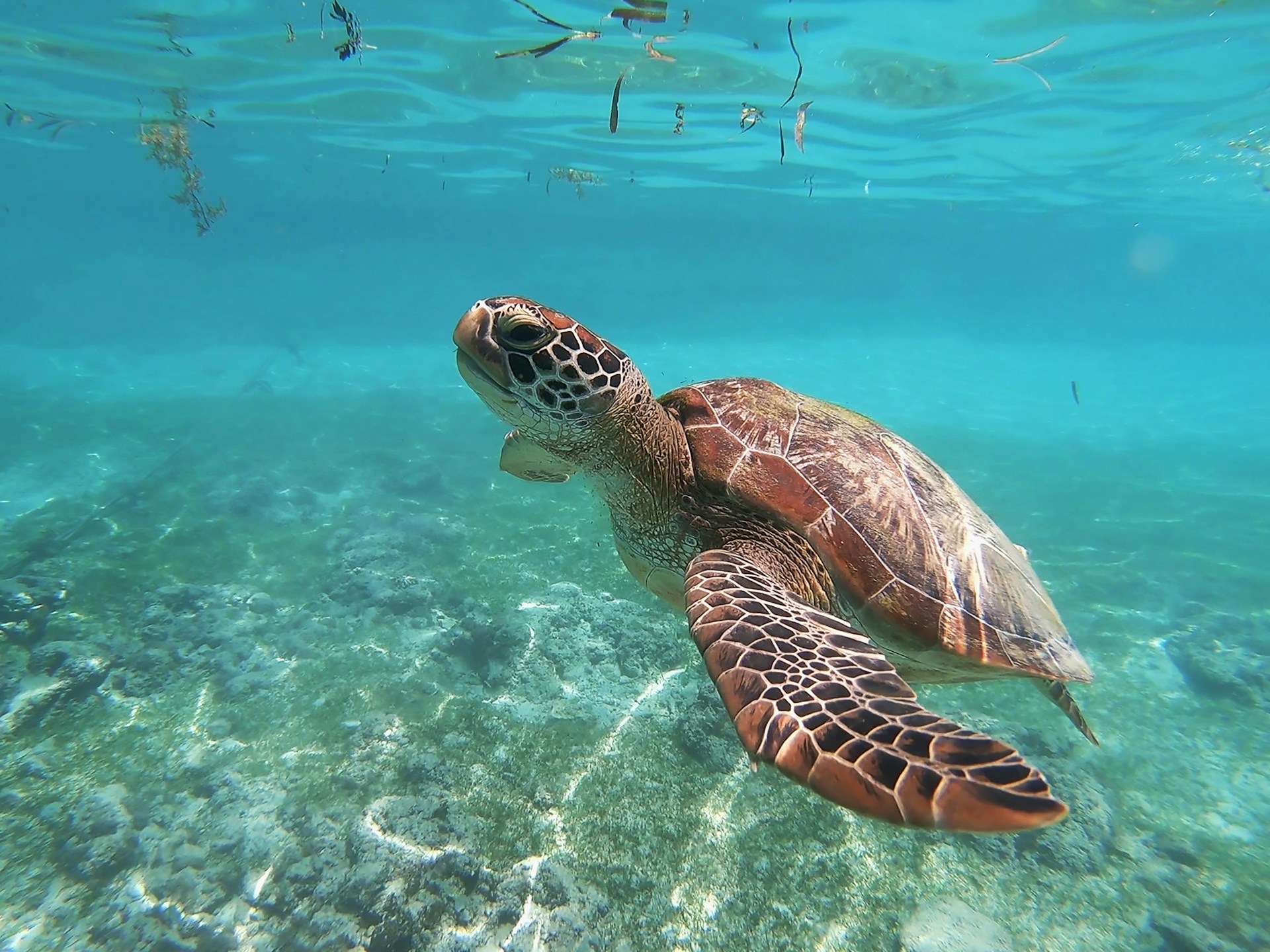Food and cuisine is different around the world, wherever you go. What might be normal food for some cultures might seem completely crazy to others. There are even certain foods that for one reason or another, you won't be able to find anywhere in the United States (legally at least). Whether its because of safety hazards, conservation, cultural, or health reasons, here are 20 foods that have been banned in the U.S.A.
1. Kinder Eggs
Kids around the world enjoy these delicious chocolate treats that come with a toy inside, but not in the U.S.A. In 1997, all food products with 'non-nutritive objects' became banned since lawmakers viewed them as a major choking hazard for small children. Since then, kids in America have had enjoy their toys and chocolate separately.
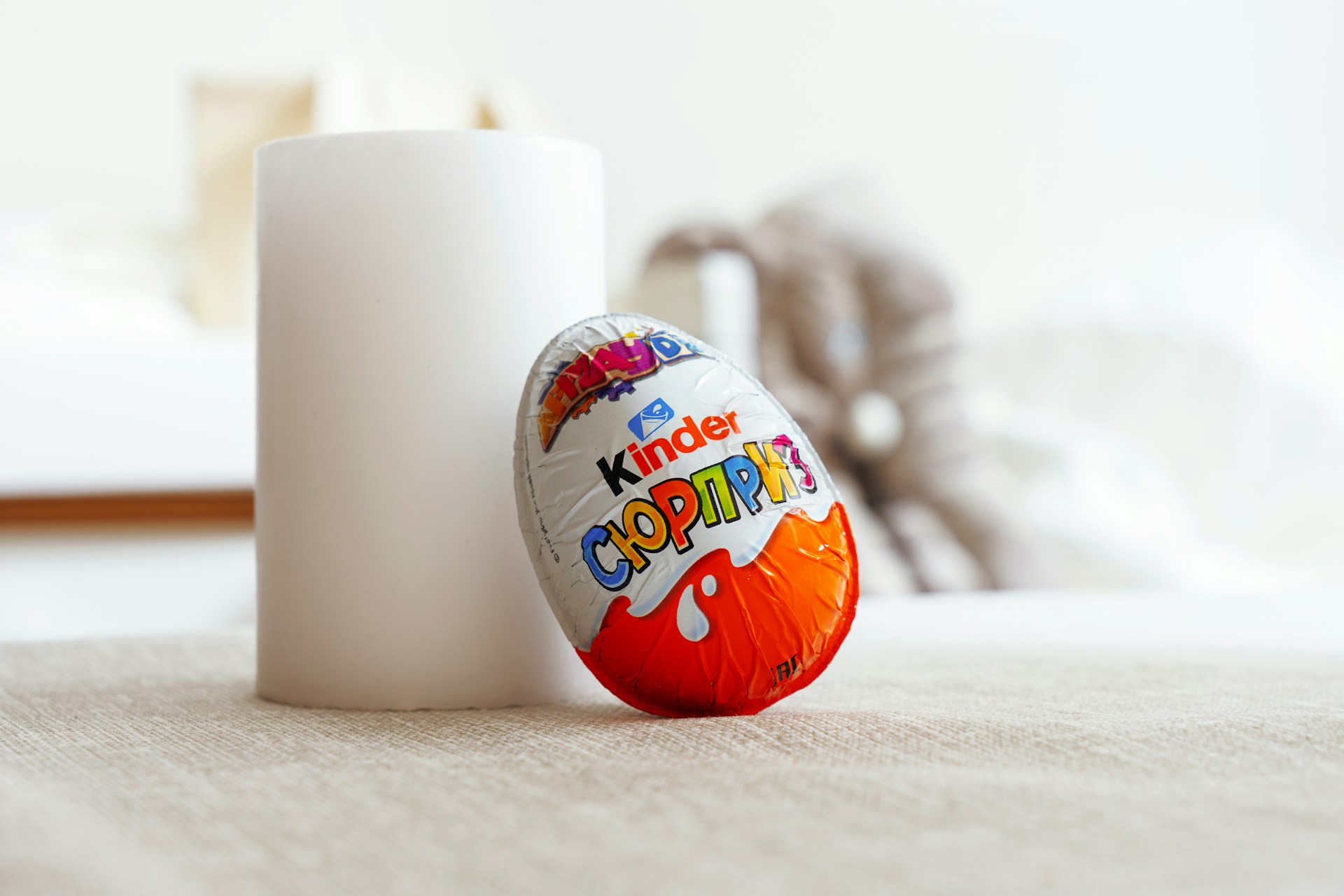 Photo by Dima Solomin on Unsplash
Photo by Dima Solomin on Unsplash
2. Haggis
The traditional dish of Scotland, the United States (among many other countries) banned Haggis in 1971. The main reason being that its traditionally made with sheeps lung. During slaughter, tt's common for the animals stomach contents to wind up in the lungs - and it's those stomach contents are have been known to cause serious disease.
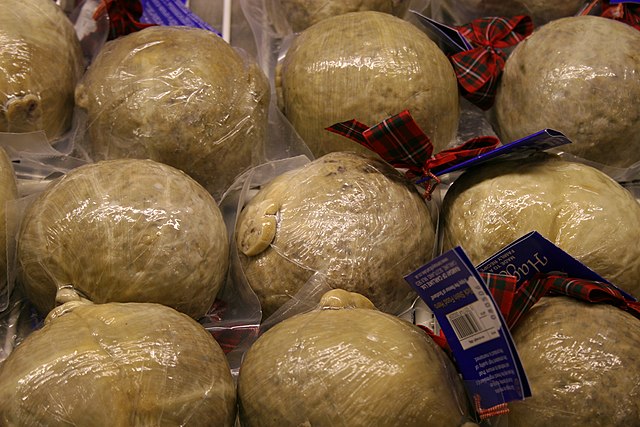 Chris Brown via wikimedia commons
Chris Brown via wikimedia commons
3. Beluga Caviar
You won't find any beluga caviar in the U.S. since it's been banned since 2005. The fancy (and expensive) caviar was pulled from shelves since the beluga sturgeon became listed as a critically endangered species. Luckily, if you're looking to get your caviar fix, there's still plenty of types available that are farmed sustainably.
4. Absinthe
Because of it's high alchol content and wild claims that it makes you hallucinate, Absinthe was banned across Europe and America during the early 1900's.
Correction: The ban was actually lifted in the U.S. in 2007, but only for absinthe that is thujone-free.
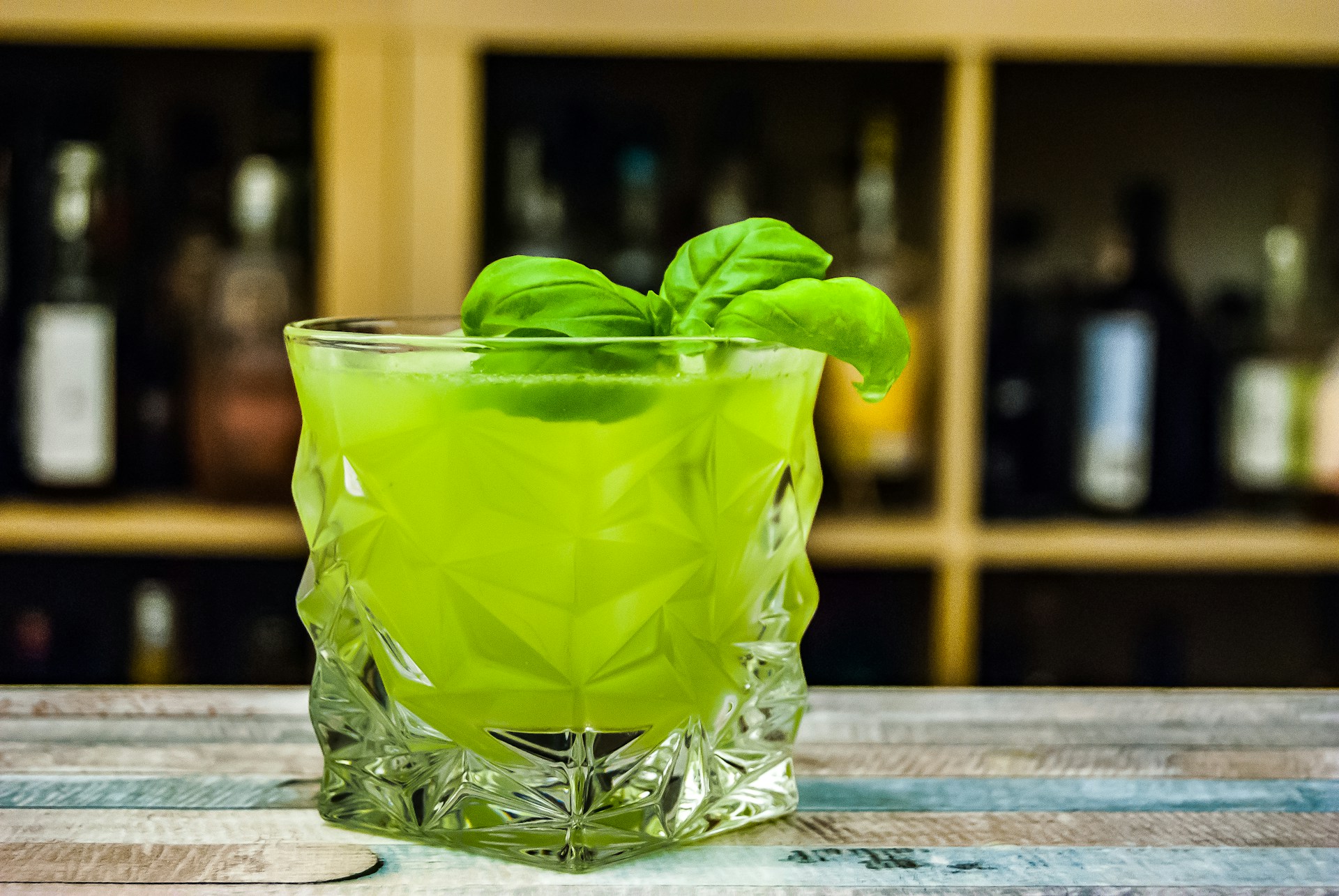 Photo by Johann Trasch on Unsplash
Photo by Johann Trasch on Unsplash
5. Unpasteurized Milk
Despite laws varying from state to state, selling unpasteurized milk across state lines is illegal. Raw milk can harbor dangerous germs that pose as a serious health risk to those who ingest it. You can probably find some at your local farm but its much safer to buy your milk from the grocery store.
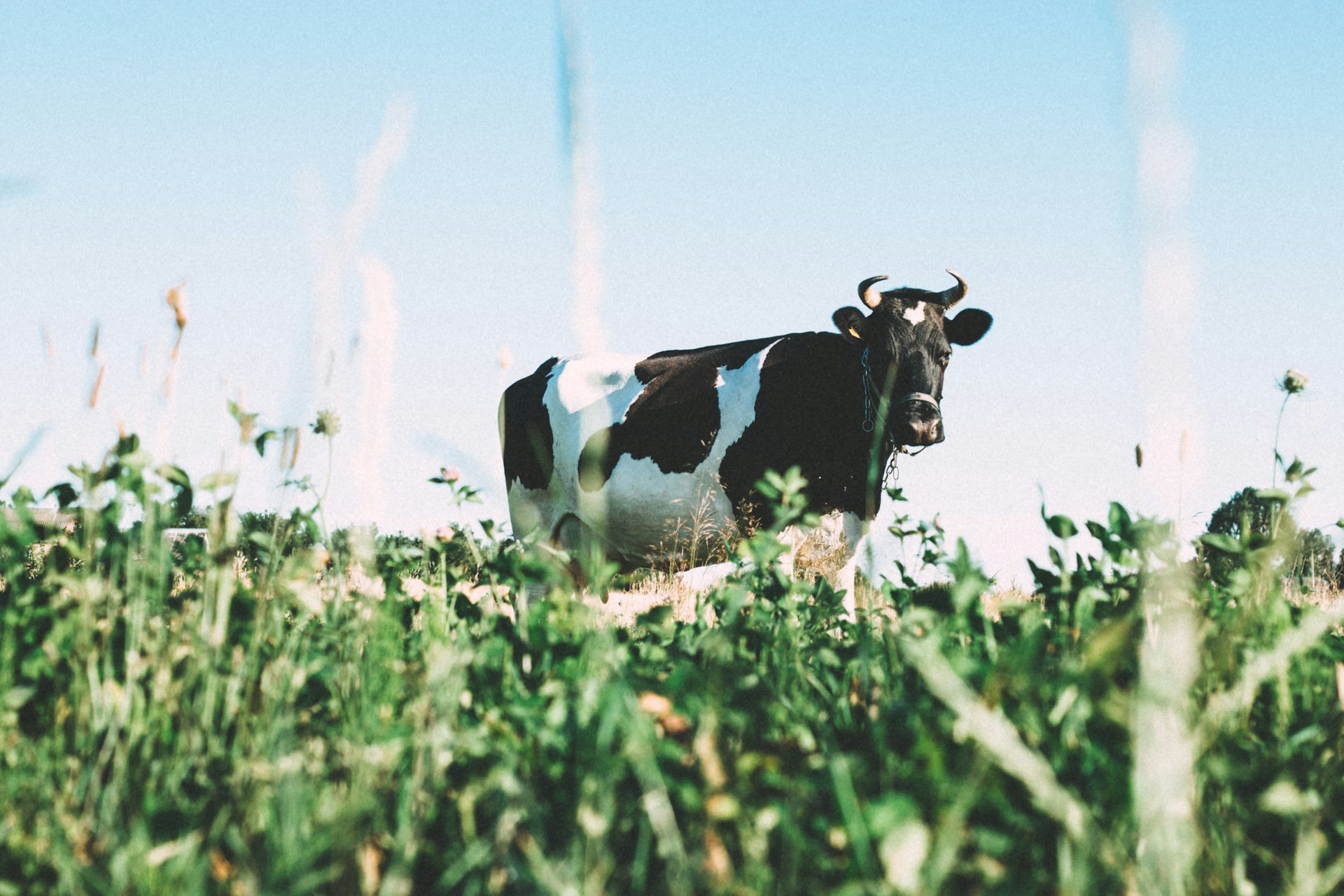 Photo by Angelina Litvin on Unsplash
Photo by Angelina Litvin on Unsplash
6. Casu Marzu
There are many cheeses banned by the U.S. for being made with unpasteurized milk - but theres another (and grosser) reason for the ban on Casu Marzu cheese. Casu Marzu is a Sardinian sheep milk cheese that contains live insect larvae. There probably aren't many people that would disagree that eating cheese infested with maggots poses a serious health concern.
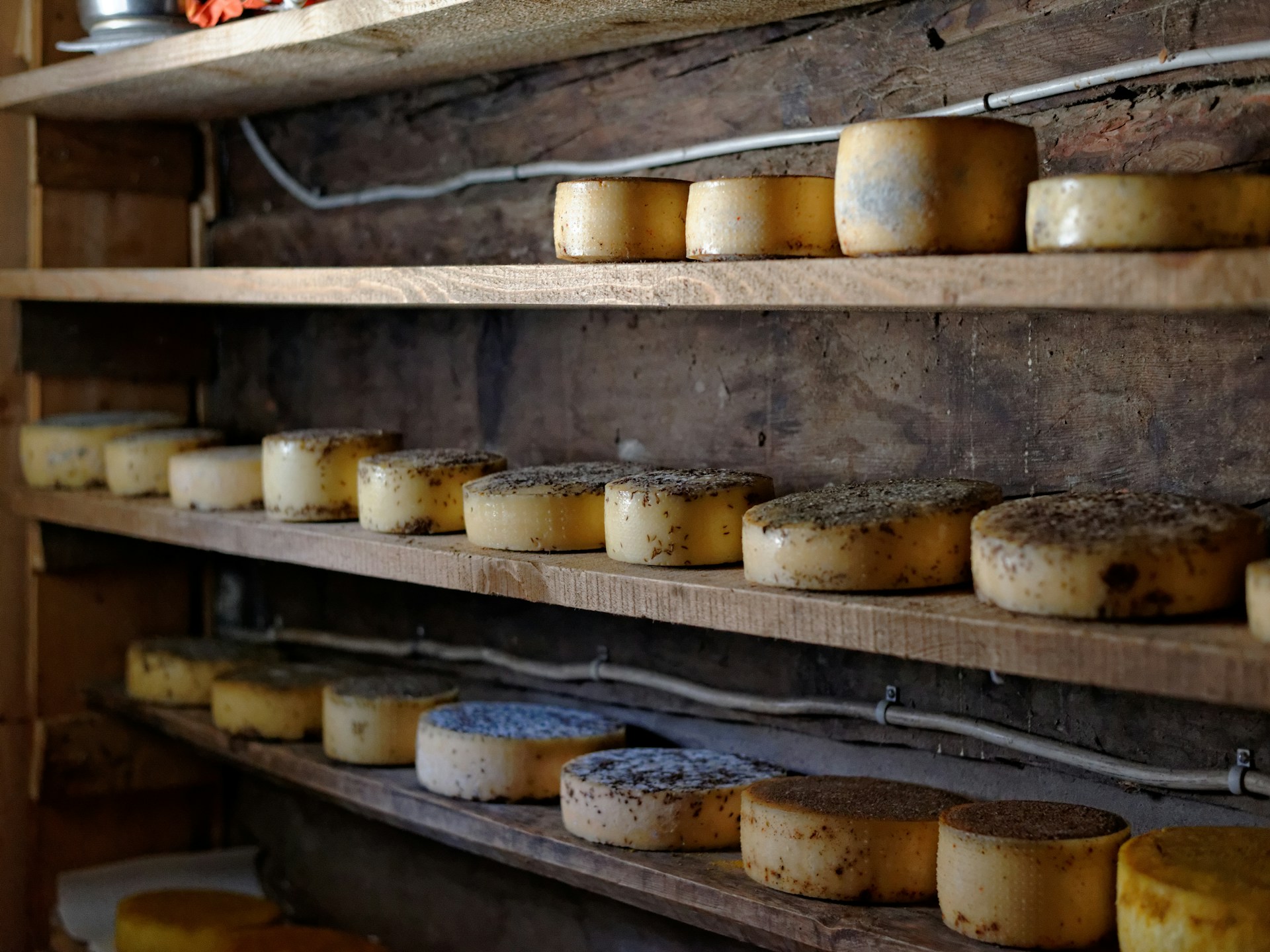 Photo by Xavier von Erlach on Unsplash
Photo by Xavier von Erlach on Unsplash
7. Sassafras Oil
Despite being used in traditional medicine, creole cuisine, and they key ingredient in flavoring root beer, sassafras oil was banned in the U.S. in 1976. It was found to be highly carcinogenic, having direct links to causing cancer and liver damage. In fact, consuming just 5 mL of sassafras oil can be fatal to an adult...no thanks.
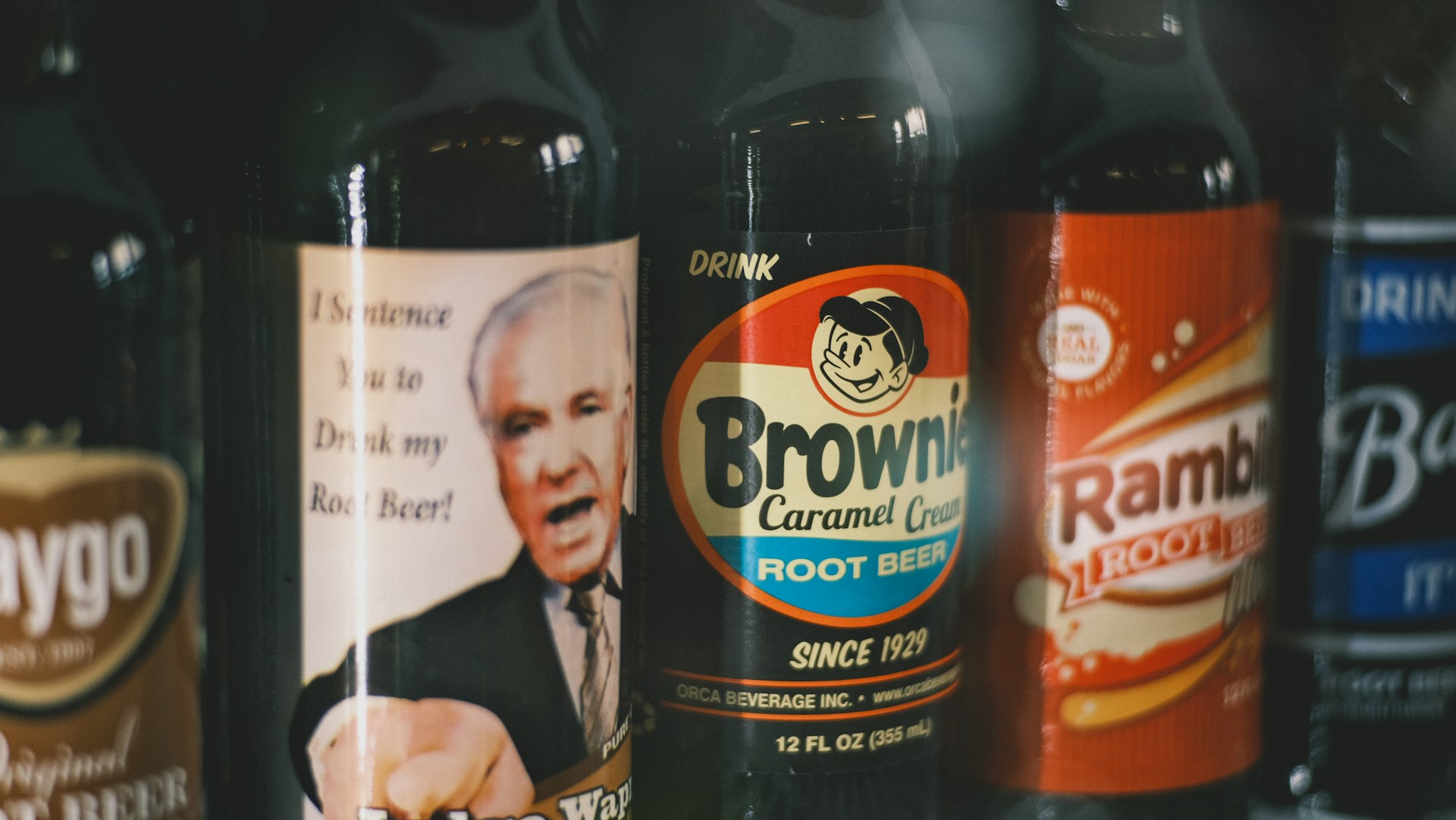 Photo by Perry Merrity II on Unsplash
Photo by Perry Merrity II on Unsplash
8. Shark Fins
They may bite you, but you're not allowed to bite back. Famously used in shark fin soup, shark fins have been banned in the U.S. since 2000. While shark meat is actually legal to consume, the fins have long been a topic of controversy because of how they are farmed. Shark finning has been a leading cause of declining shark populations around the world.
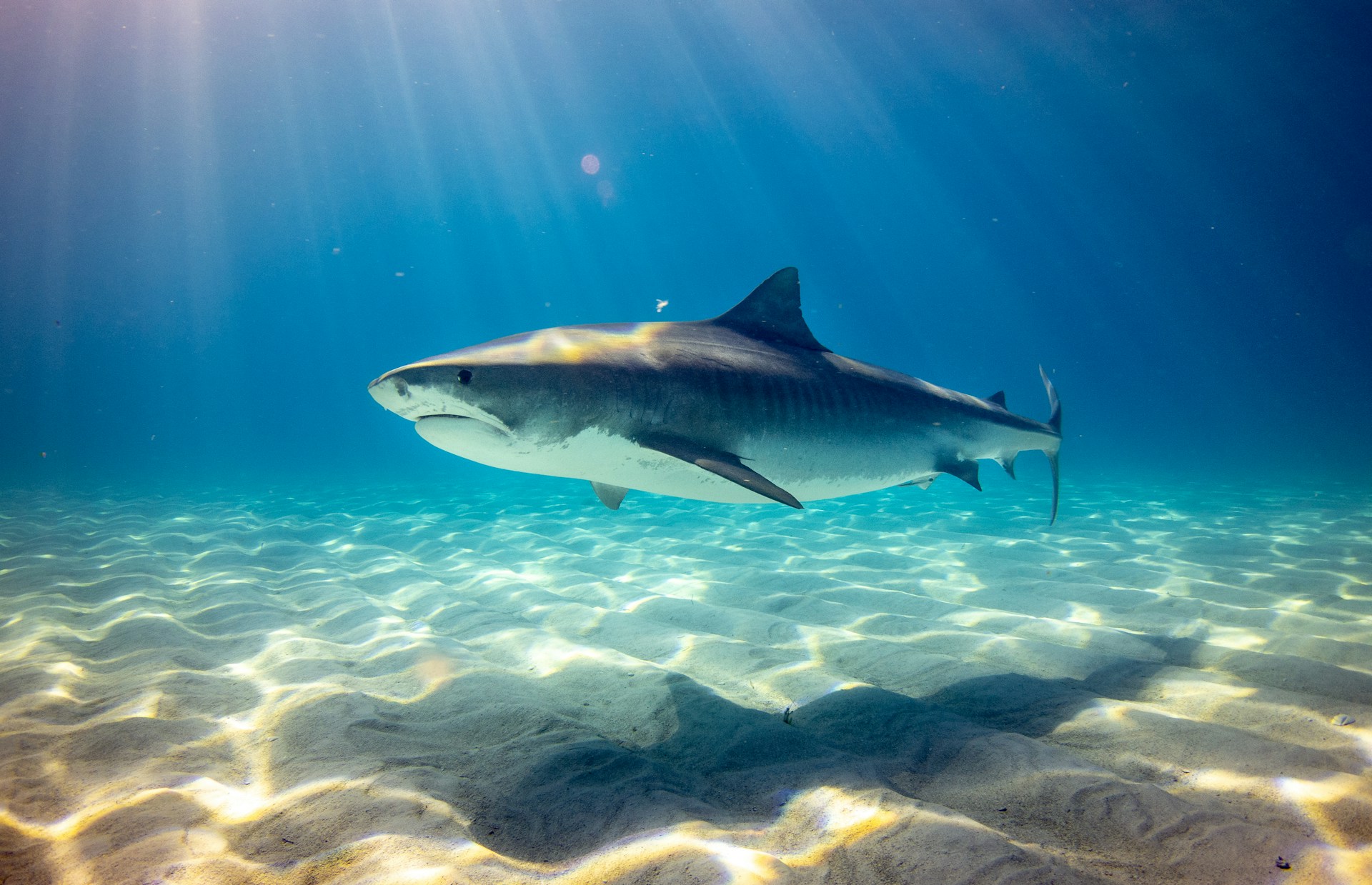 Photo by Gerald Schömbs on Unsplash
Photo by Gerald Schömbs on Unsplash
9. Foie Gras
Though not totally banned throughout the U.S., there are several states that have already, or are in the process of banning foie gras based on animal welfare grounds. Ducks are forced fed food to enlarge their livers which causes them debilitating health issues - making the practice not very ideal if you're a duck.
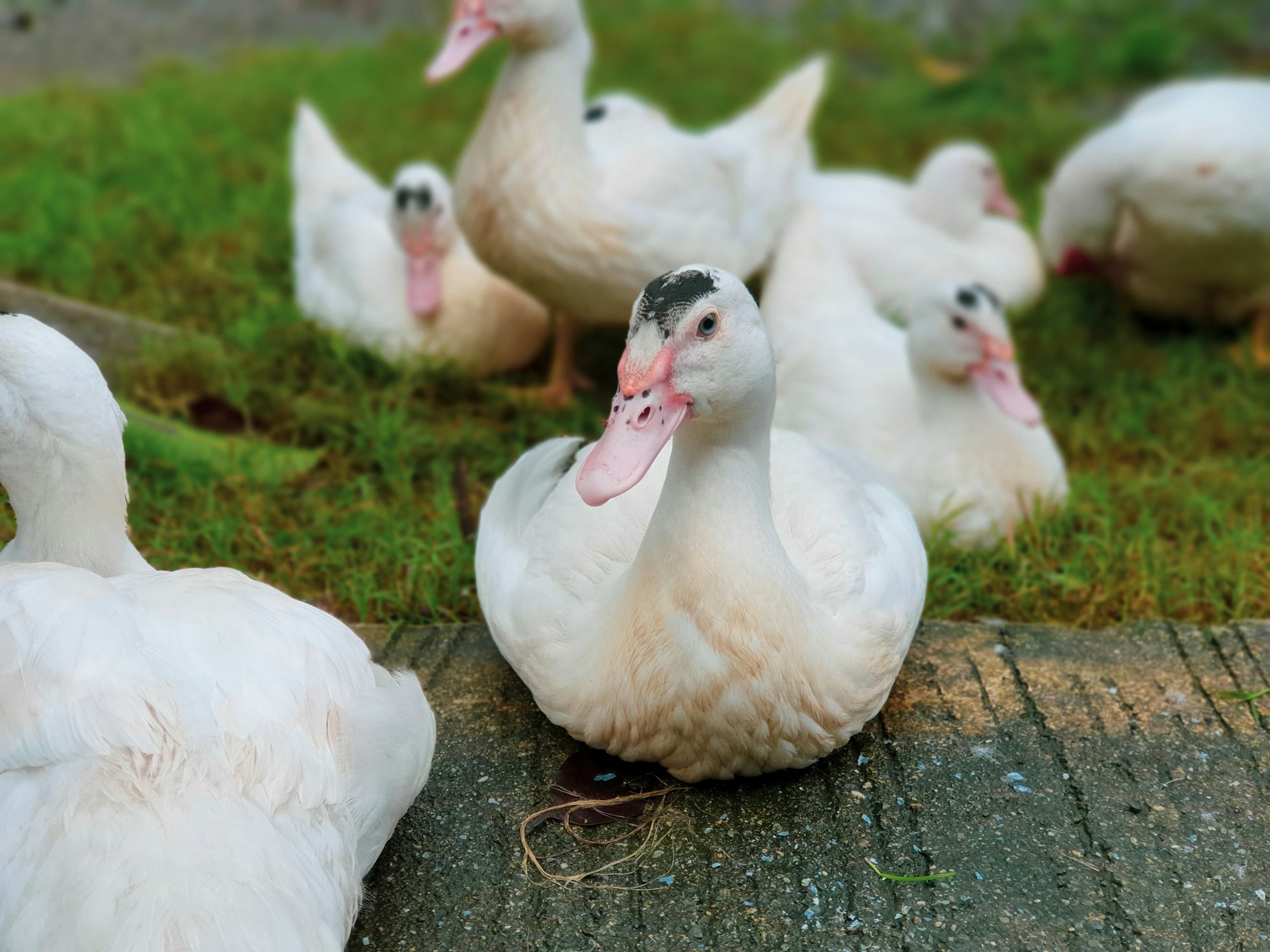 Photo by Martin Baron on Unsplash
Photo by Martin Baron on Unsplash
10. Ackee Fruit
You might want to be careful if you are offered a peice of ackee fruit. Despite its nutty and creamy texture, if not prepared correctly it can be toxic and can cause severe illness. If you're daring, it's not illigal to consume, but imports into the U.S. have been banned - so good luck finding some.
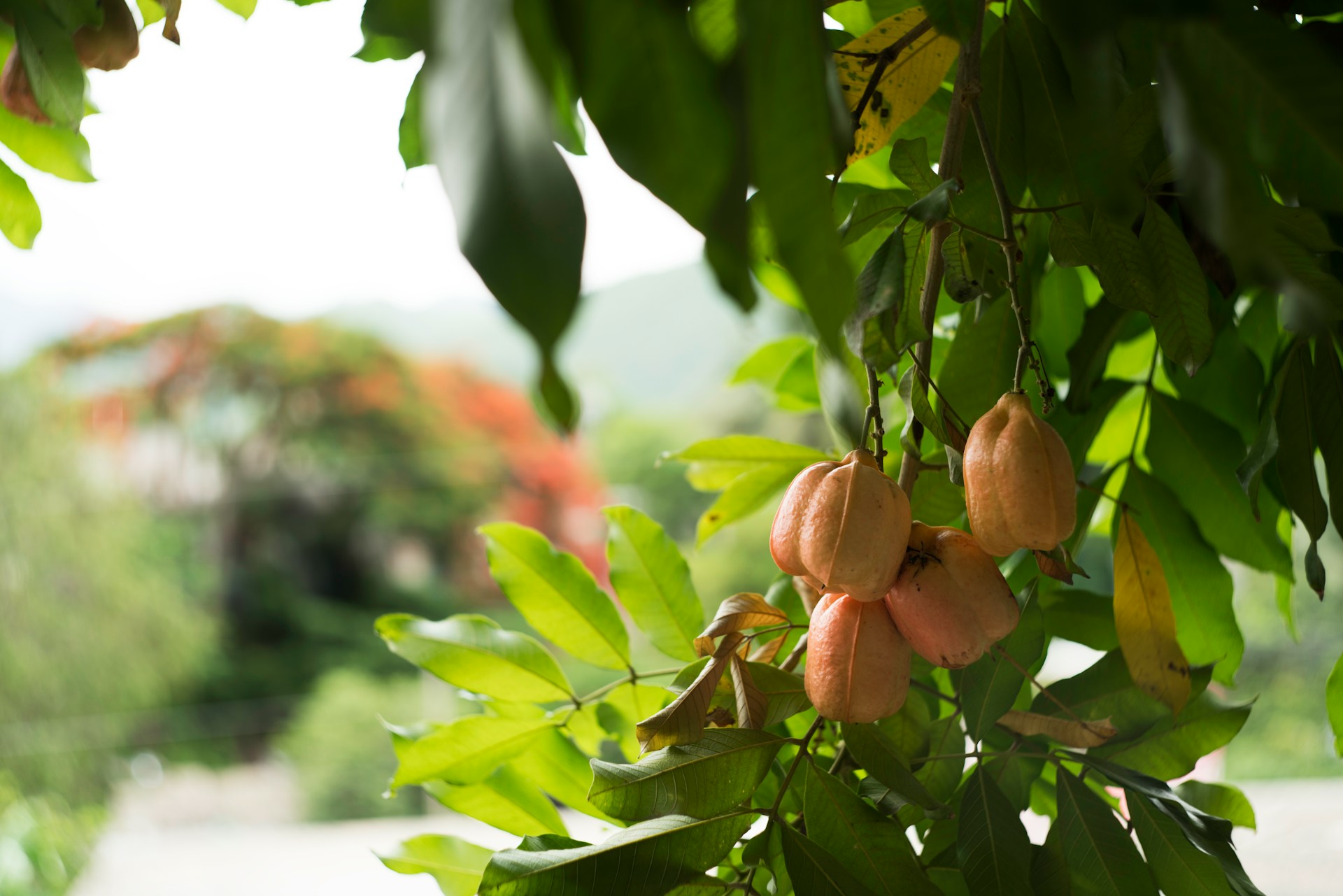 Photo by Elite Inception Co on Unsplash
Photo by Elite Inception Co on Unsplash
11. Mirabelle Plums
These golden plumbs are a 'protected origin' food, meaning that they are illegal to export they out of France - making them illegal to import into the U.S. That being said, if you do manage to get your hands on one, they are perfectly legal to grow and consume.
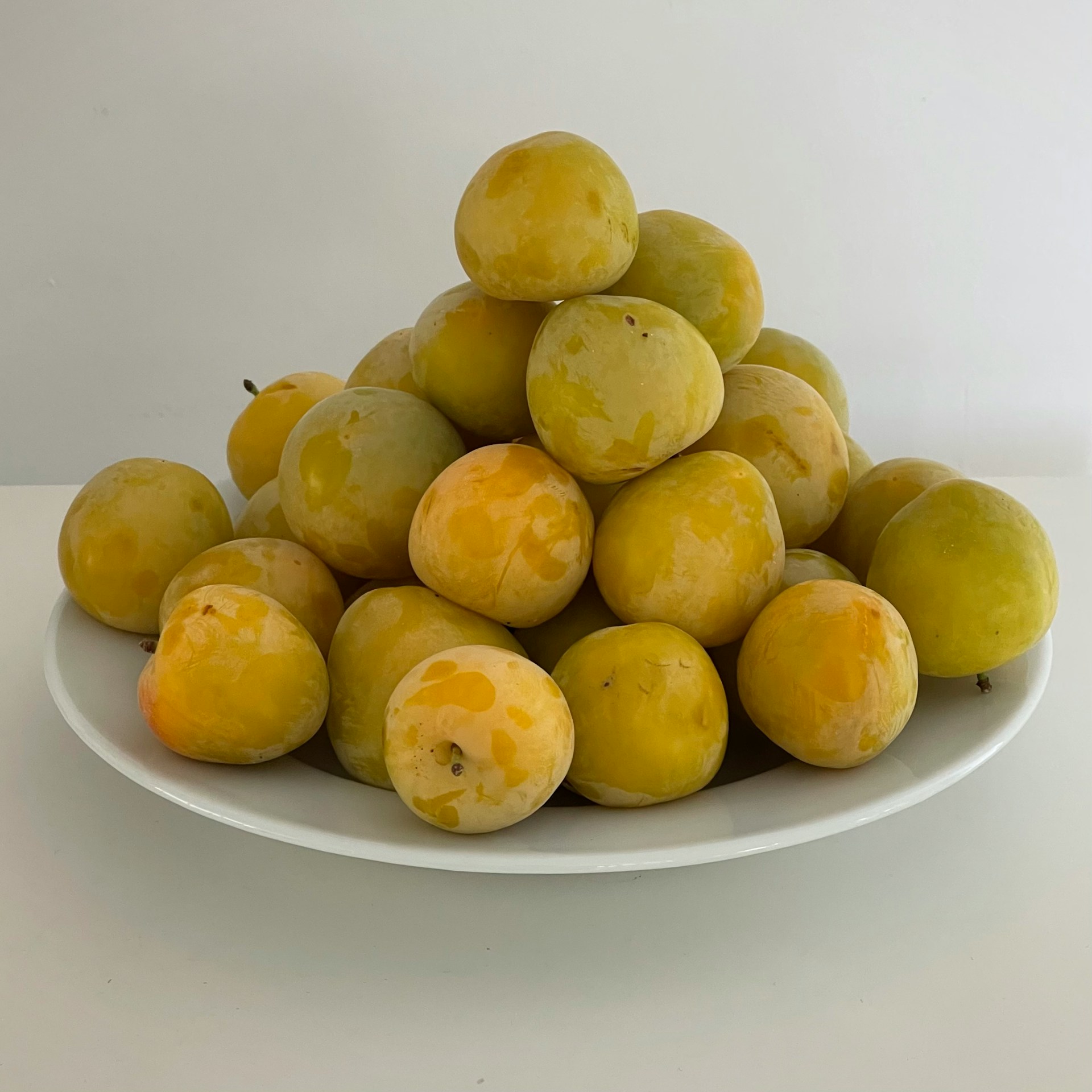 Photo by John Cameron on Unsplash
Photo by John Cameron on Unsplash
12. Fugu (Pufferfish)
Known as a delicacy to sushi fans, eating pufferfish is banned across the U.S. because it can be lethal if not prepared properly. The pufferfish contains a deadly poison that is extremely dangerous to those unfamiliar with how to prepare it. If you're brave enough to try it, make sure to find a licensed chef - or it could be your last meal ever.
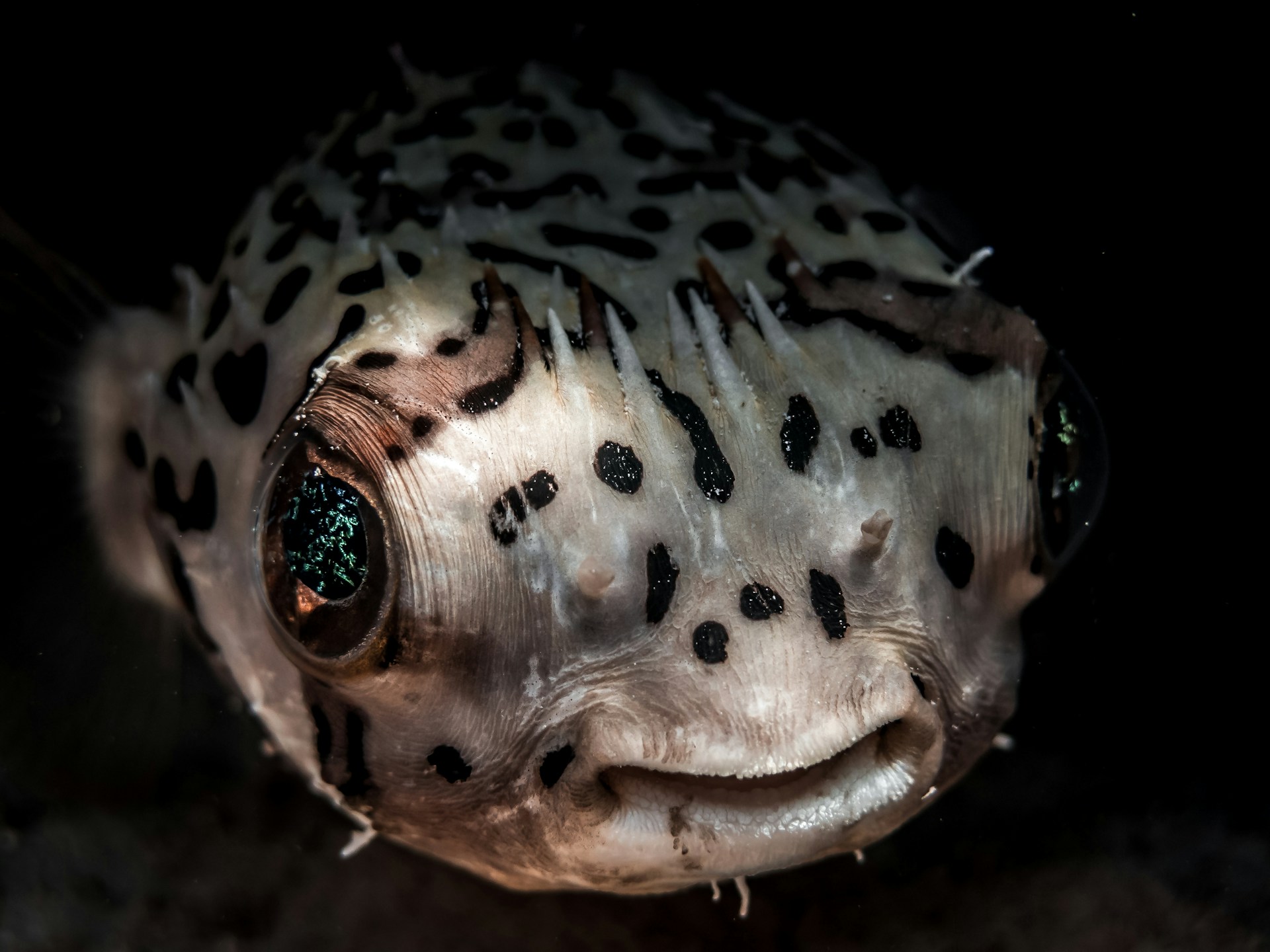 Photo by Vlad Tchompalov on Unsplash
Photo by Vlad Tchompalov on Unsplash
13. Queen Conch
Often eaten raw or in salads, queen conch was banned in the U.S. due to overfishing. Not only are they illegal to fish or farm, but even the possession of one could land you in serious hot water with the law. There are plenty of other sea slugs that are legal to eat so you'd be better off just sticking with collecting the shells.
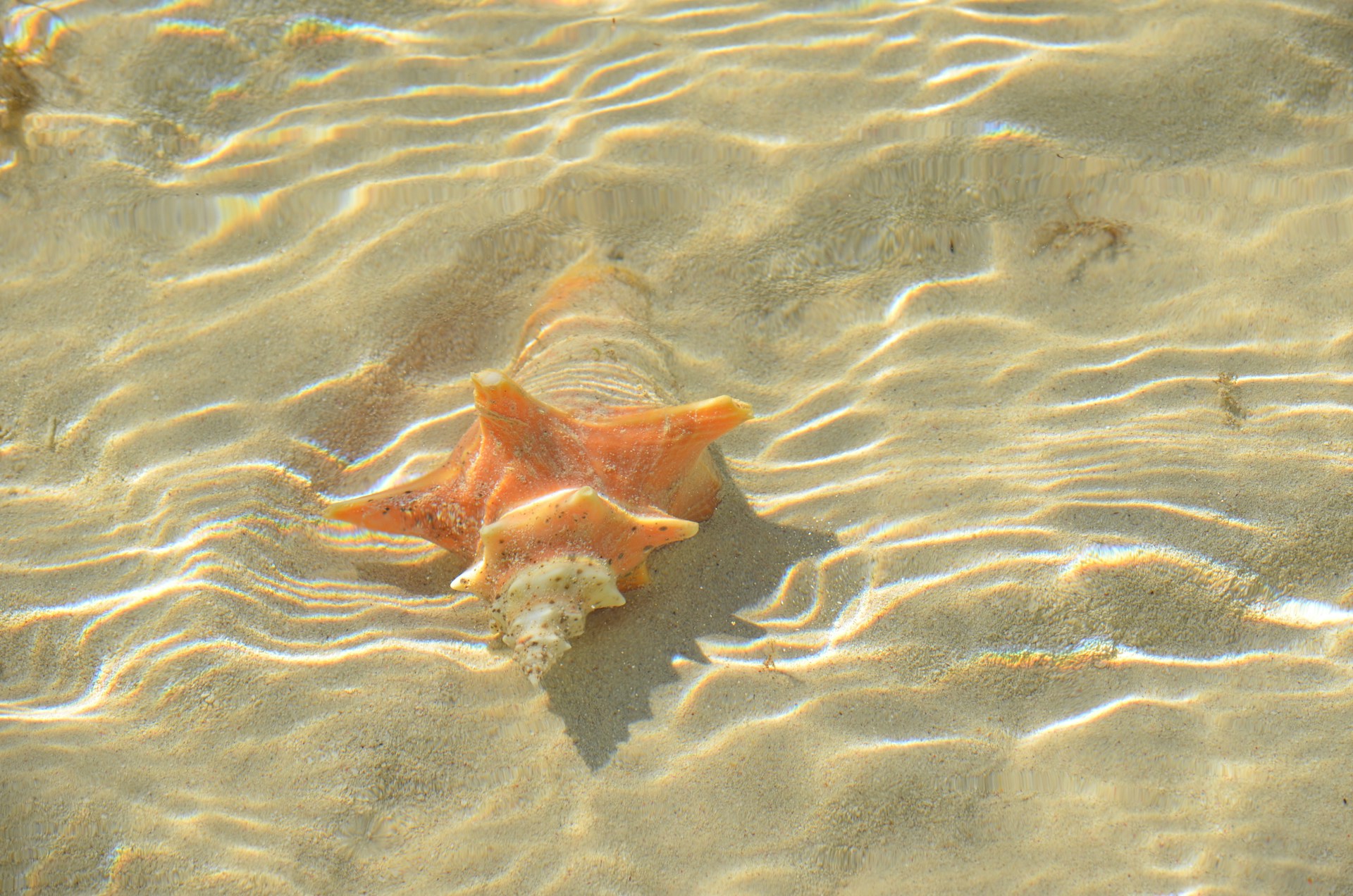 Photo by DroneflyerNick on Unsplash
Photo by DroneflyerNick on Unsplash
14. Alcoholic Energy Drinks
In 2010, the United States banned all marketing and distribution of alcohol beverages with caffeine. The most popular drink, Four-Loco, contained 3x the amount of caffeine as a cup of coffee and as much alcohol as 3 beers. Reports also found that those that drank alcohol mixed with caffeine were almost twice as likely to break the law or engage in disorderly conduct. Considering that most of the issues were happening on college campuses across the country - it's consumption just because too much of a risk.
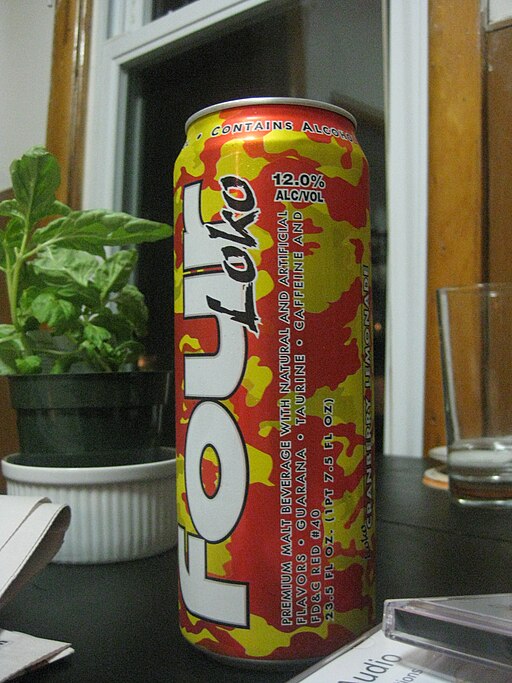 Austin Uhler, Public domain, via Wikimedia Commons
Austin Uhler, Public domain, via Wikimedia Commons
15. Brominated Vegetable Oil
Commonly used in beverages, brominated vegetable oil is in the process of being banned across the U.S. Bromide, one of the main ingredients, has been linked to organ and tissue deterioration. In 2014, Coca-Cola and PepsiCo promised to removed BVOs from all of their products, but as of today there are still a small number of beverages that contain it.
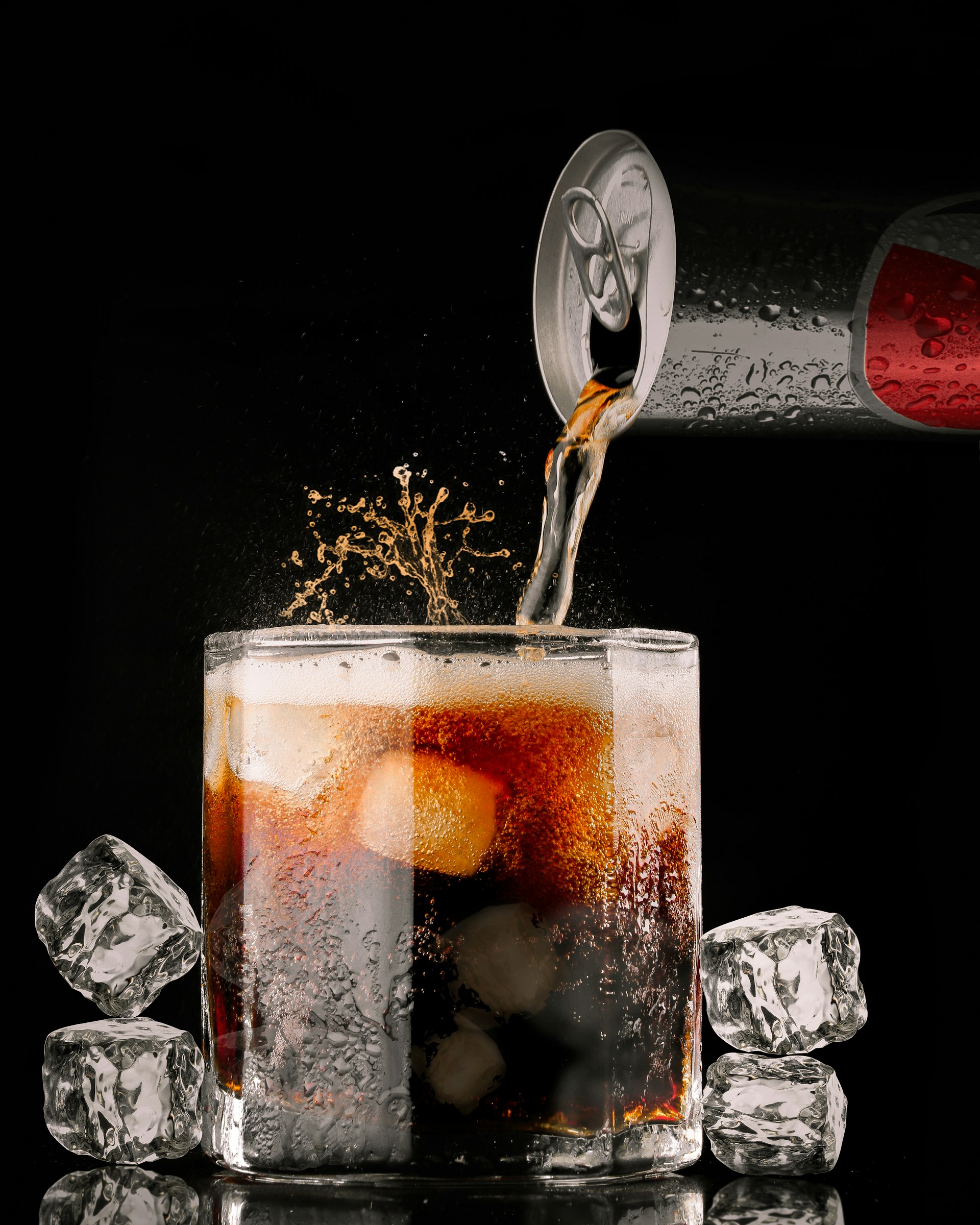 Photo by Qasim Malick on Unsplash
Photo by Qasim Malick on Unsplash
16. Camembert/Brie Cheese
The stuff you've been getting at the grocery store isn't the 'real' camembert. Only the real camembert is made in Normandy, and since it's unpasteurized, it doesn't meet FDA standards. The same can unfortunately be said for camemberts delicious cousin Brie. If you want a true authentic french cheese, you better book a plane ticket.
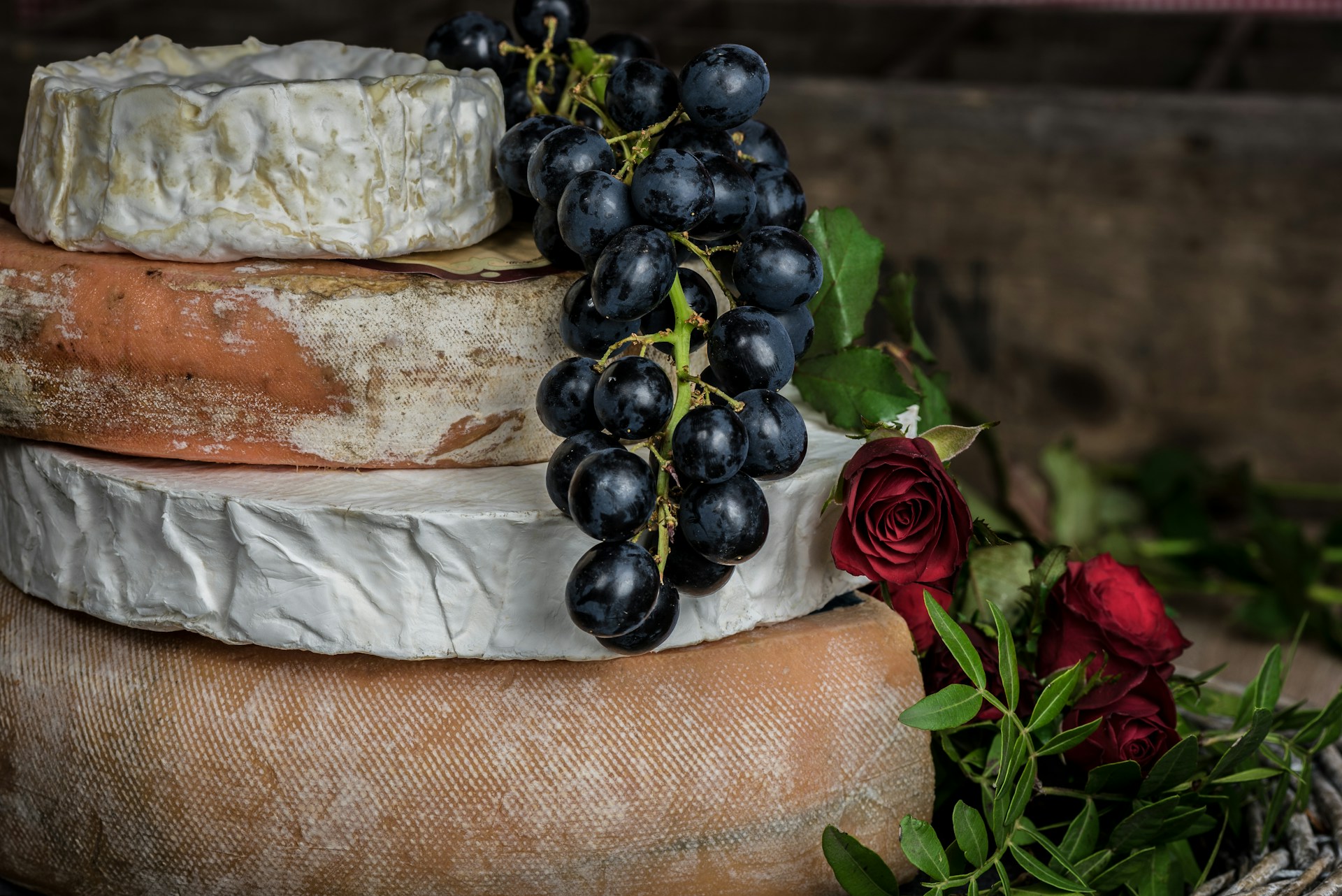 Photo by Jez Timms on Unsplash
Photo by Jez Timms on Unsplash
17. Horse Meat
Although not illegal to eat, it is against the law to butcher horses for consumption. As a result, no horse meat is ever inspected, making it a serious health risk. There are also serious laws prohibiting the sale of horse meat making it near impossible to purchase in the U.S. Probably should just stick to keeping them as companions.
 Photo by Fabian Burghardt on Unsplash
Photo by Fabian Burghardt on Unsplash
18. Ortolan
Another one from France - This tiny songbird was banned for consumption in the U.S. in 1991 for multiple reasons. For one, it is considered an endangered species. Second, the way of preparing ortolan involves force feeding and drowning it in Armagnac, which has been deemed inhumane by the USDA.
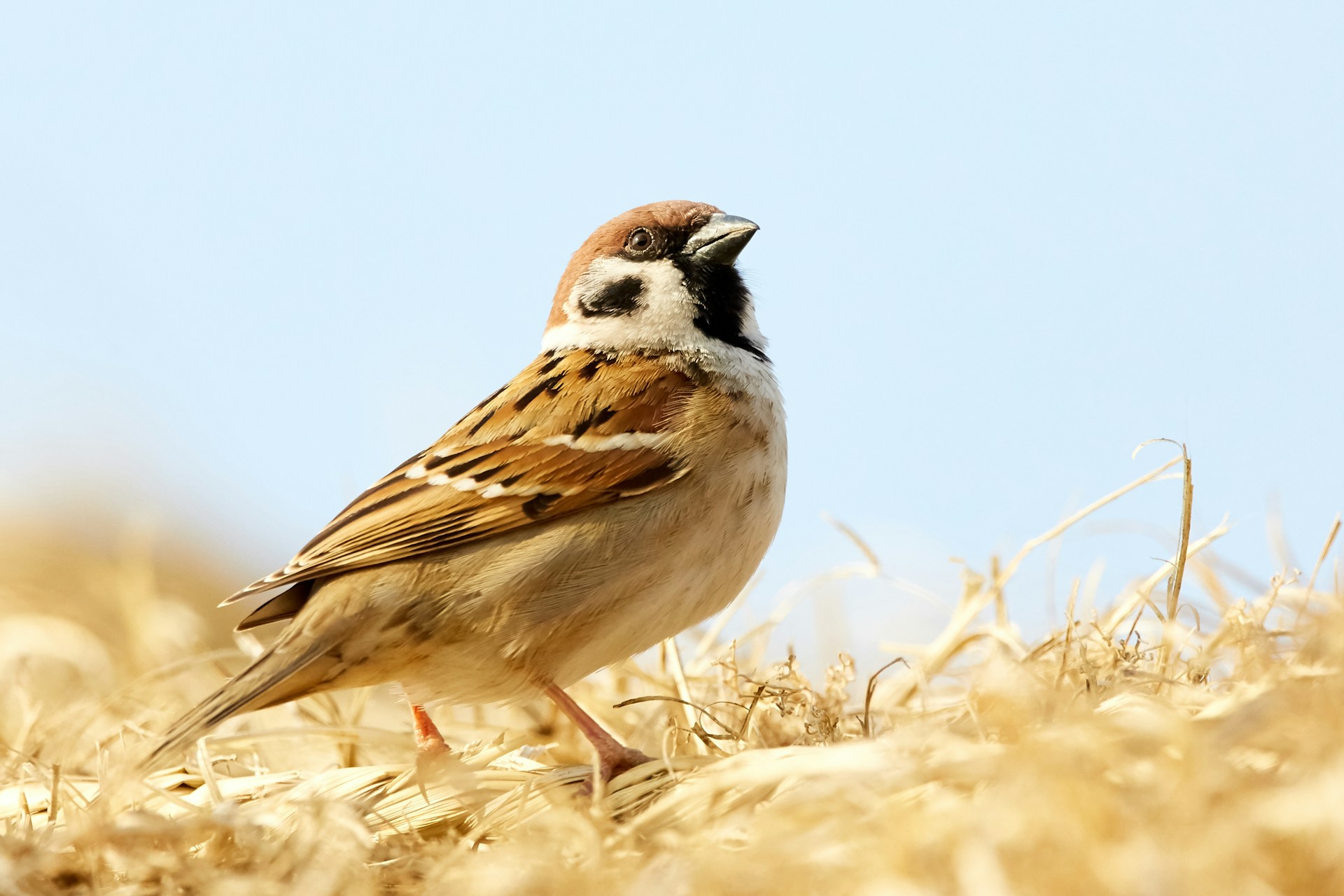 Photo by Mathew Schwartz on Unsplash
Photo by Mathew Schwartz on Unsplash
19. Sea Turtles
Sea turtles are often used as the poster child for the destructions of our oceans - and for good reason. Turtle soup used to be a delicacy until over-harvesting and habitat destruction destroyed sea turtle populations. If you really want to try turtle soup, it can still be found with snapping turtle meat which has been farmed domestically. That being said, it's not without risk since consuming ill-prepared turtle can lead to salmonella poisoning.
20. Tonka Beans
Recently becoming more popular in fine dining around the world, the Tonka bean has actually been banned in the U.S. since 1954. This is because it contained a chemical compound called coumarin, which has been directly linked to liver failure in high concentrations. Luckily for us, there are plenty of other varieties of beans to choose from.
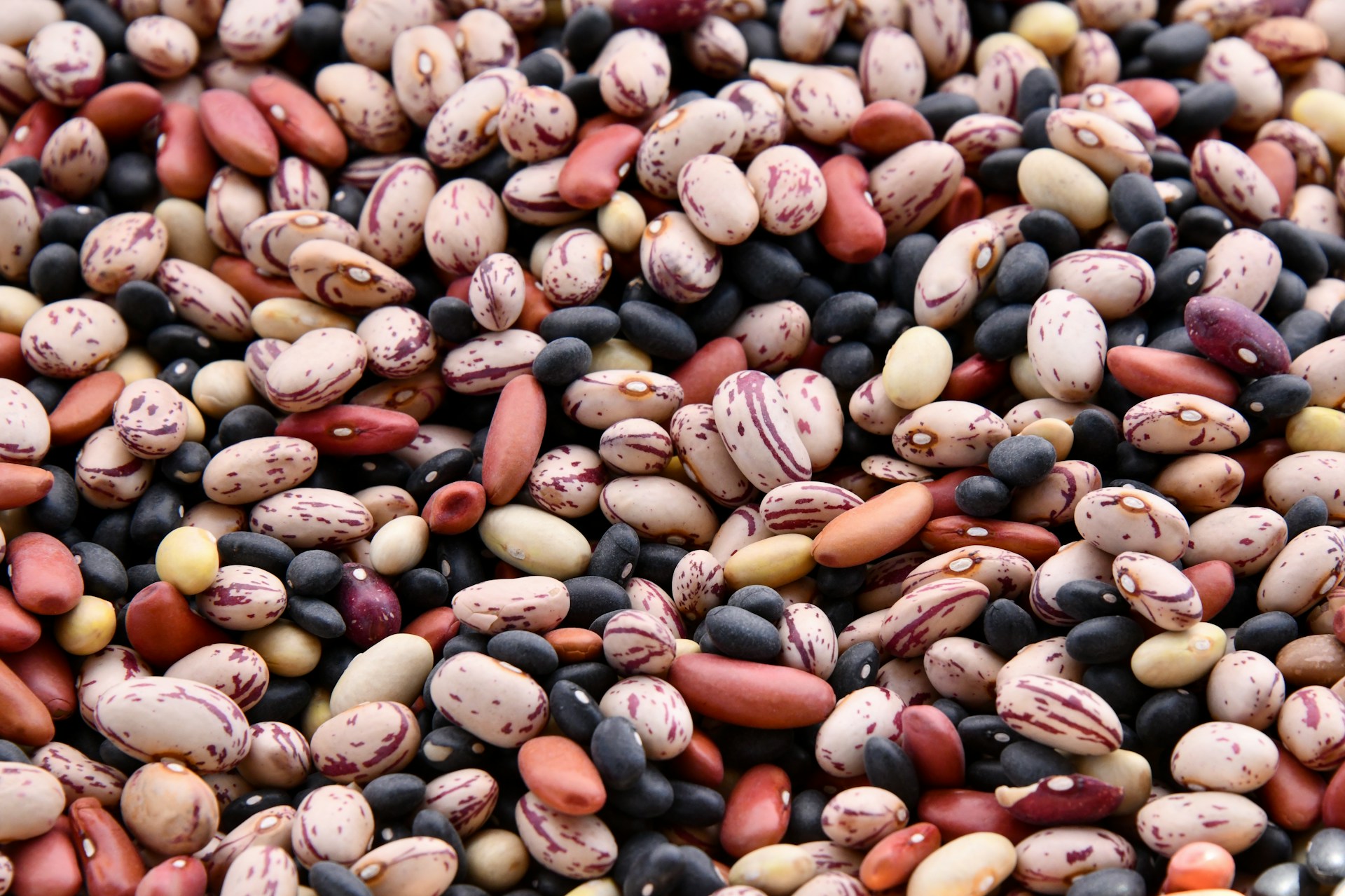 Photo by Shelley Pauls on Unsplash
Photo by Shelley Pauls on Unsplash
Correction: On our point about Absinthe we didn't to add that the ban was actually lifted in the U.S. in 2007, but only for absinthe that is thujone-free.
KEEP ON READING

20 Discontinued Snacks All Millennials Will Remember



